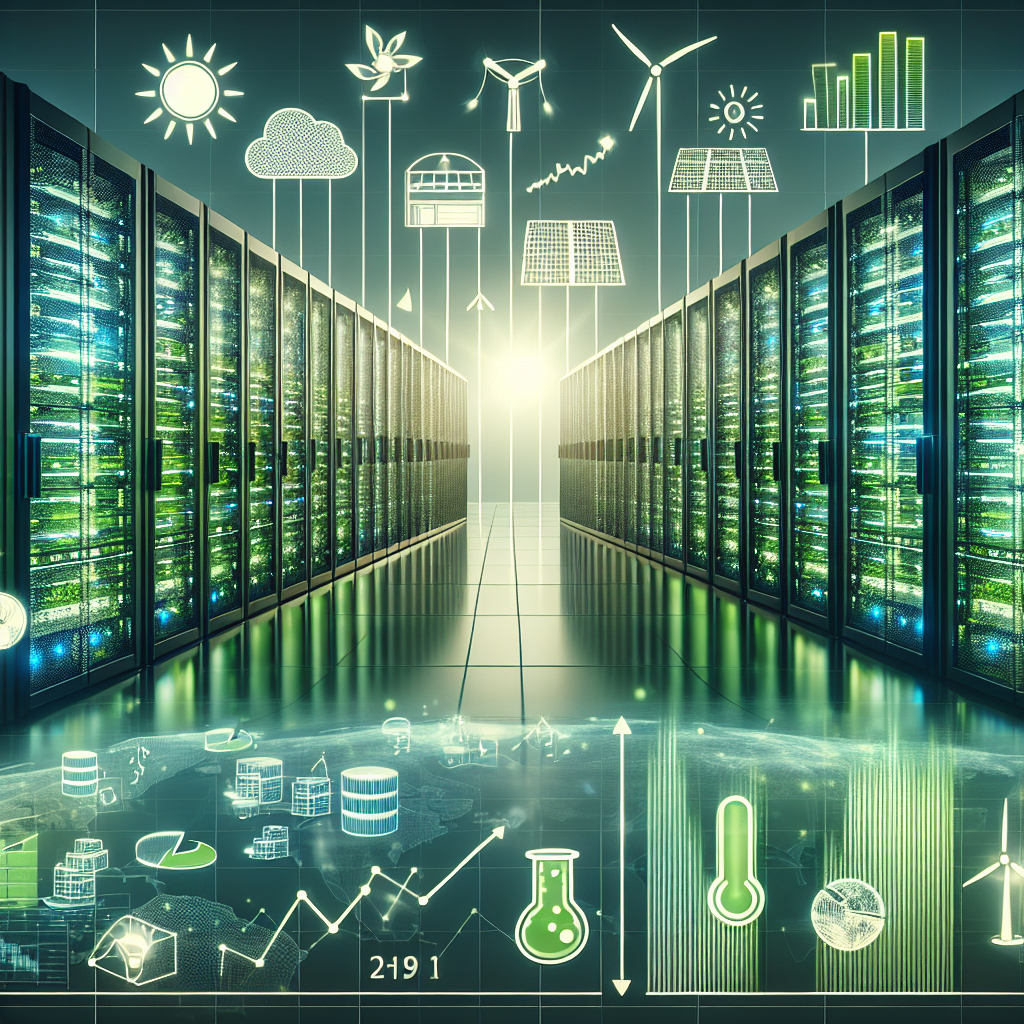The Future of Data Center Sustainability: Trends and Challenges
As technology continues to evolve at a rapid pace, the demand for data centers is increasing exponentially. These facilities, which house servers and networking equipment to store, process, and distribute data, are crucial for the operation of organizations in today’s digital age. However, with this growth comes the need for data centers to become more sustainable to minimize their environmental impact.
The future of data center sustainability is a topic that is being discussed more frequently as companies strive to reduce their carbon footprint and operate in a more environmentally friendly manner. There are several trends and challenges that are shaping the way data centers are being designed and operated to be more sustainable.
One major trend in data center sustainability is the use of renewable energy sources. Many data centers are now being powered by solar, wind, or hydroelectric power to reduce their reliance on fossil fuels. This not only helps to lower carbon emissions but also reduces operating costs in the long run. Companies are also exploring the use of energy-efficient cooling systems and server technologies to further reduce their energy consumption.
Another trend is the implementation of green building practices in data center construction. This includes using sustainable materials, optimizing building layouts for energy efficiency, and incorporating green infrastructure such as green roofs and rainwater harvesting systems. Data center operators are also looking at ways to reuse waste heat generated by servers to heat nearby buildings or for other purposes.
However, there are several challenges that data centers face in becoming more sustainable. One of the biggest challenges is the high energy consumption of data centers, which can make it difficult to achieve significant reductions in carbon emissions. In addition, the rapid growth of data and the increasing demand for computing power are putting pressure on data centers to expand their operations, which can further strain energy resources.
Another challenge is the high cost of implementing sustainable practices in data centers. While the long-term benefits of reducing energy consumption and operating costs are clear, the initial investment required to upgrade infrastructure and equipment can be significant. Companies must weigh the costs and benefits of sustainability initiatives to determine the best approach for their data centers.
Overall, the future of data center sustainability is promising as companies become more aware of the environmental impact of their operations and strive to make a positive change. By embracing renewable energy sources, green building practices, and energy-efficient technologies, data centers can reduce their carbon footprint and contribute to a more sustainable future. However, overcoming challenges such as high energy consumption and upfront costs will require careful planning and strategic decisions from data center operators. The future of data center sustainability is bright, but it will require dedication and innovation to achieve lasting change.


